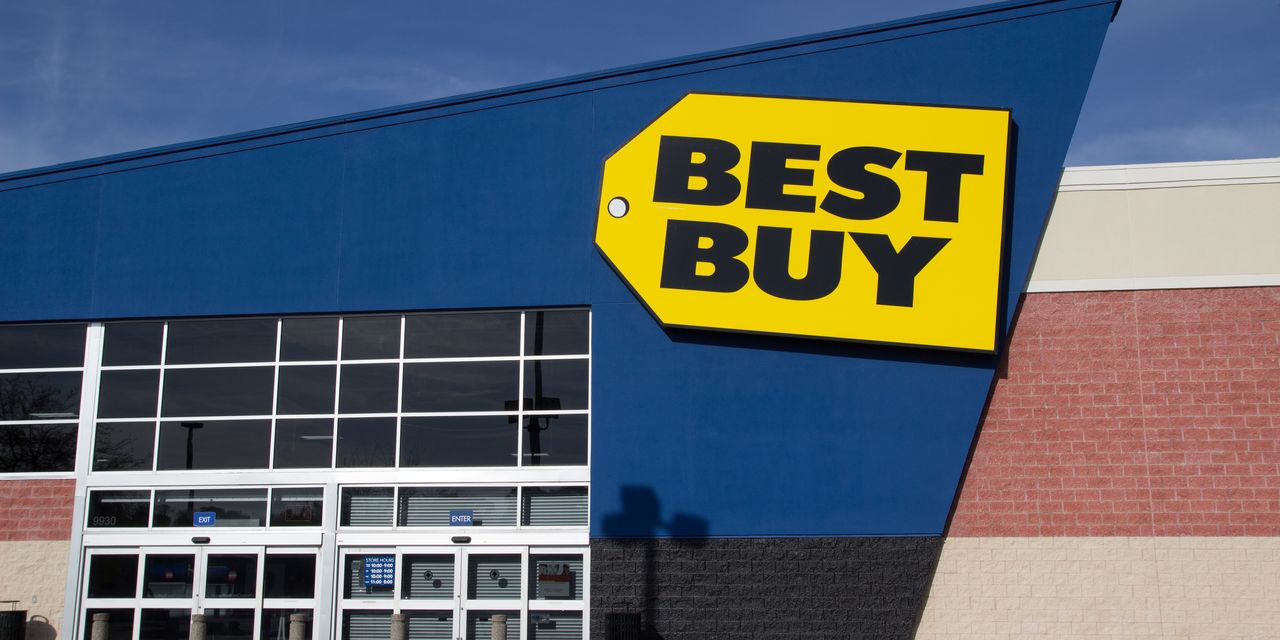Retailers cited concerns about inflation and shrink when they provided their financial outlooks this earnings season, but there was one issue that wasn’t highlighted—student loan repayments.
At the start of the Covid-19 pandemic, payments were put on hold for federal student loan borrowers, giving them some financial breathing room, but the freeze is about to end. Under the debt-ceiling agreement, payments will resume in late August.
And while the Biden administration announced last year a plan to eliminate up to $20,000 in federal student-loan debt for qualified borrowers, the Supreme Court must still decide on its legality.
When payments do resume, it could be an issue for Target (TGT), Best Buy (BBY), Dick’s Sporting Goods (DKS),
Ulta Beauty
(ULTA), and other retailers, said
J.P. Morgan
in a note on Friday.
The payments could deplete consumer wallets by $10 billion and lead to a roughly 1% negative impact on core retail sales—which excludes restaurants or grocery—in the second half of this year, according to calculations by analyst Christopher Horvers.
Companies with exposure to Millennial and Gen X customers, which account for roughly 69% of total student loans, are vulnerable, Horvers said. Retailers with exposure to states with higher average student loan balances—primarily in the Northeast and Southeast—are also especially at risk.
“We don’t believe [the headwind] is contemplated by company guidance or in consensus sales forecasts (including ours),” the analyst said.
Target,
Best Buy,
Dick’s, and Ulta top Horvers’ list of companies that could be impacted by student loan repayments, given their higher mix of discretionary products.
Academy Sports & Outdoors
(ASO), another sports retailer, is in a better position than Dick’s due to its presence in areas with smaller student loan balances, Horvers wrote.
Walmart
(WMT) and
Costco Wholesale
(COST) fall lower on his list given they higher mix of non-discretionary. The least risky are retailers of aftermarket automotive parts such as
AutoZone
(AZO).
The concerning backdrop for Target led Horvers to downgrade the stock to Neutral from Overweight Thursday. That came as the retailer faces a backlash over Pride Month merchandise and consumer challenges. Target is down 12% this year.
He still rates Ulta at Overweight. The beauty retailer’s stock has lost 12% this year after cutting operating margin expectations last month and warning investors of moderating growth. It was Barron’s stock pick in February.
Horvers is on the fence about Best Buy and Dick’s stocks, rating them Neutral.
Write to Karishma Vanjani at [email protected]
Read the full article here



